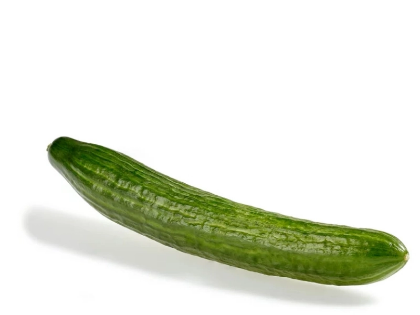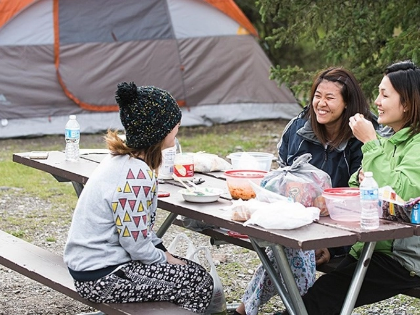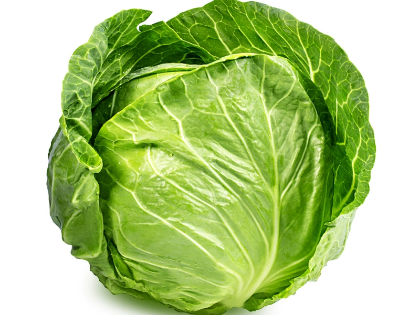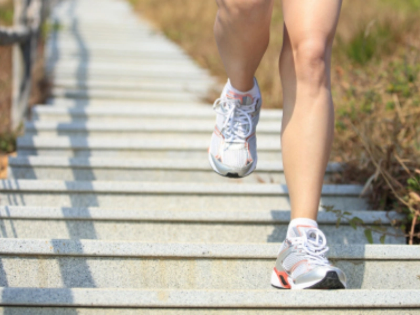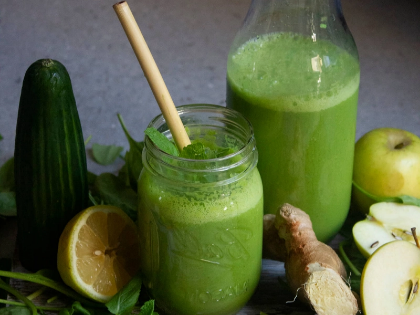Is Hiking the Same As Jogging?
Hiking might be more challenging than jogging because it is typically done on a rugged, natural surface. It can also be risky; you risk injuring your knees or ankles if you tumble and fall on rocky terrain. While both hiking and running are low impact exercises, hiking is better for your cardiovascular health. This is due to the fact that hiking burns more calories than running.
It consumes calories.
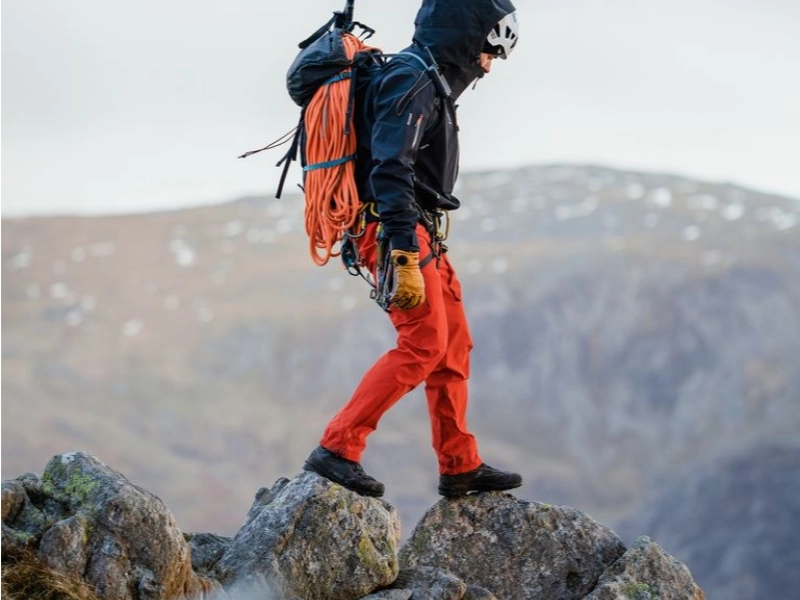
It melts fat.
 Hiking burns calories steadily, making it an excellent type of workout. It's also a fantastic method to tone your body and lose weight. The best thing about hiking is that it doesn't require expensive equipment and is a low-impact activity.
Hiking also helps to develop your stabilising muscles, which can help to ward off frequent injuries. These consist of fractured bones, backaches, and sprained ankles. Hiking offers an opportunity to escape the cacophony and diversions of daily existence. Walking in the outdoors has been found in studies to lower stress levels and boost happiness.
Use an online calculator to find out how many calories you expended while hiking. It will account for the altitude, distance, and weight of your rucksack. Additionally, the calculator will show you a breakdown of the various kinds of calories you've burned. Hikers typically burn more calories than runners because they frequently select longer, more incline-prone courses that use more muscle groups.
Hiking burns calories steadily, making it an excellent type of workout. It's also a fantastic method to tone your body and lose weight. The best thing about hiking is that it doesn't require expensive equipment and is a low-impact activity.
Hiking also helps to develop your stabilising muscles, which can help to ward off frequent injuries. These consist of fractured bones, backaches, and sprained ankles. Hiking offers an opportunity to escape the cacophony and diversions of daily existence. Walking in the outdoors has been found in studies to lower stress levels and boost happiness.
Use an online calculator to find out how many calories you expended while hiking. It will account for the altitude, distance, and weight of your rucksack. Additionally, the calculator will show you a breakdown of the various kinds of calories you've burned. Hikers typically burn more calories than runners because they frequently select longer, more incline-prone courses that use more muscle groups.
It causes muscle burning.
 Hiking is a low-impact exercise that raises mood, strengthens the heart, and burns calories. But it could be risky if you fall over a stone or are stung by a bee while hiking. In addition, having water, a compass, and a map on hand is crucial in case of inclement weather or an emergency.
Most hikers follow natural paths, which frequently involve them crossing rough or uneven ground. This can make your walk more strenuous and burn more calories in an hour than a leisurely walk on a paved route or around your neighbourhood.
In the long run, increasing your muscle mass can help you burn more calories by raising your metabolism. But unless you're currently doing strength training activities regularly, be prepared that your legs might not expand very much. It's a good idea to speak with your physician prior to beginning a new fitness regimen. It is best to see a cardiologist first if you have any past injuries or ailments.
Hiking is a low-impact exercise that raises mood, strengthens the heart, and burns calories. But it could be risky if you fall over a stone or are stung by a bee while hiking. In addition, having water, a compass, and a map on hand is crucial in case of inclement weather or an emergency.
Most hikers follow natural paths, which frequently involve them crossing rough or uneven ground. This can make your walk more strenuous and burn more calories in an hour than a leisurely walk on a paved route or around your neighbourhood.
In the long run, increasing your muscle mass can help you burn more calories by raising your metabolism. But unless you're currently doing strength training activities regularly, be prepared that your legs might not expand very much. It's a good idea to speak with your physician prior to beginning a new fitness regimen. It is best to see a cardiologist first if you have any past injuries or ailments.
Heart Rate Is Burned
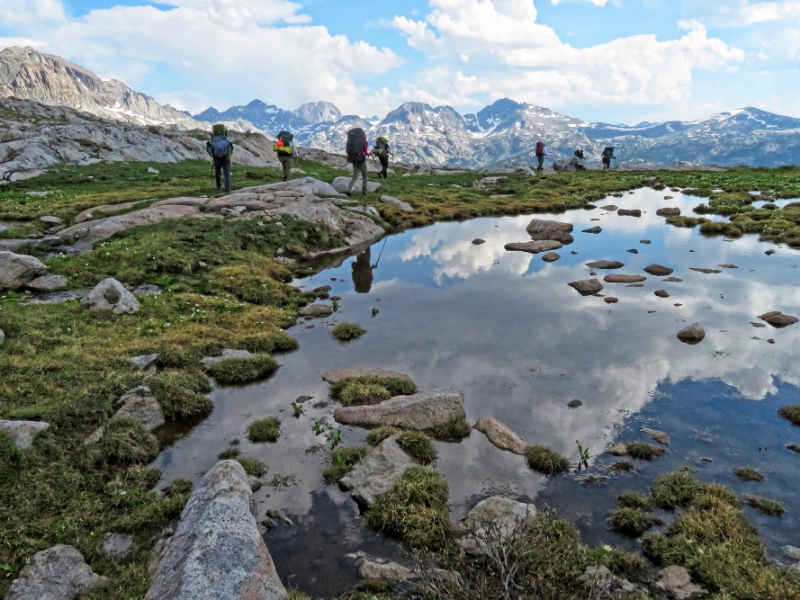 Hiking not only helps you burn calories but also strengthens your heart. It also aids in the development of butt and leg muscles. Your arms and core will be working if you carry a rucksack.
Hiking burns calories based on two factors: body weight and path intensity. This is true for all types of exercise. Walking generally burns fewer calories than running, but hiking burns more.
Hiking calls for more awareness of the landscape than other types of exercise. If not, you risk stepping on a toxic plant or twisting your ankle. Additionally, you may come across insects or creatures that could endanger your safety.
When you're training for a race or marathon, hiking might be a wonderful alternative to jogging, as it offers a great cardiovascular conditioning programme. However, in order to work out a variety of muscle areas, it's crucial to combine your hiking sessions with other routines.
Hiking not only helps you burn calories but also strengthens your heart. It also aids in the development of butt and leg muscles. Your arms and core will be working if you carry a rucksack.
Hiking burns calories based on two factors: body weight and path intensity. This is true for all types of exercise. Walking generally burns fewer calories than running, but hiking burns more.
Hiking calls for more awareness of the landscape than other types of exercise. If not, you risk stepping on a toxic plant or twisting your ankle. Additionally, you may come across insects or creatures that could endanger your safety.
When you're training for a race or marathon, hiking might be a wonderful alternative to jogging, as it offers a great cardiovascular conditioning programme. However, in order to work out a variety of muscle areas, it's crucial to combine your hiking sessions with other routines.

